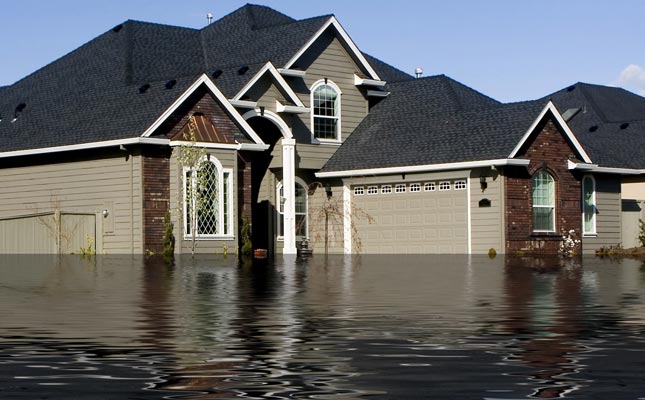
What to do if your HVAC is flooded
Eastern North Carolina has experienced flooding in the past — and recent hurricane threats remind us that the area is sure to have to deal with high waters again.
Your heating and air conditioning unit is built to withstand normal outdoor elements — but not standing water.
Here’s what you need to do with your heating and cooling systems if there’s flooding:
Don’t cover your HVAC with a tarp or plastic. Instead of protecting it, this actually can cause more problems. Trapped moisture can can rot wire and rubber, corrode and rust metal parts, and promote the growth of mold and mildew.
Turn off the power to the unit at the inside breaker box if you see water encroaching. Water can short out the electrical system. Also flip the breaker if you are evacuated from your home or if you lose power.
DO NOT turn the HVAC back on until the unit is dry. You run the risk of fire or electrocution. Open it up to let air circulate to speed the drying process.
Clean the unit’s interior coils and remove debris from around the unit.
Replace your air filters to reduce the risk of contaminants affecting the indoor air quaity and hindering the unit’s operation.
Look for any any signs of damage. Projectiles in high winds can bend the condenser fan grills, puncture coils and damage fan blades.
The units electrical components MUST be checked before turning the air conditioner on again. Call Sam Pollard & Son to schedule a visit from a professional technician.

